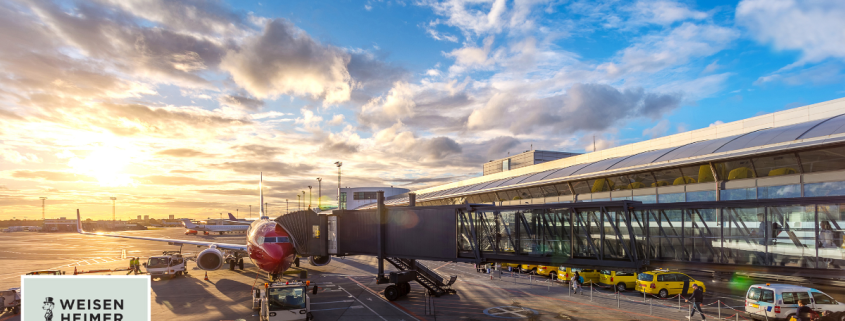Der EuGH zu bestätigten Buchungen und reduzierten Tarifen
In seiner Entscheidung vom 6. März 2025 (Rs. C-20/24) befasst sich der Europäische Gerichtshof (EuGH) mit zwei wesentlichen Fragen zur Auslegung der Verordnung (EG) Nr. 261/2004 („Fluggastrechte-Verordnung“).
Erstens ging es um die Frage, ob eine Bordkarte, die keine Angaben zu Abflug- und Ankunftszeit enthält, dennoch als „bestätigte Buchung“ im Sinne von Art. 2 lit. g der Verordnung angesehen werden kann. Zweitens musste der EuGH klären, ob Fluggäste, die zu einem kostenlosen oder reduzierten Tarif reisen, grundsätzlich vom Anwendungsbereich der Verordnung ausgenommen sind.
Der EuGH stellte fest, dass eine Bordkarte einen „anderen Beleg“ im Sinne von Art. 2 lit. g der Fluggastrechte-Verordnung darstellen kann, aus dem hervorgeht, dass die Buchung vom Luftfahrtunternehmen oder Reiseunternehmen akzeptiert oder registriert wurde. Ein Fluggast, der eine solche Bordkarte besitzt, kann daher grundsätzlich eine bestätigte Buchung vorweisen, sofern das Luftfahrtunternehmen nicht nachweist, dass besondere, außergewöhnliche Umstände vorliegen, die dieser Annahme entgegenstehen.
Bezüglich der Ausnahme für Fluggäste, die kostenlos oder zu einem reduzierten Tarif reisen, entschied der EuGH, dass diese Ausnahme nicht greift, wenn der Fluggast den Flugpreis an das Reiseunternehmen zu marktüblichen Bedingungen entrichtet hat. Dies gilt auch dann, wenn der Preis der Pauschalreise nicht vom Fluggast selbst, sondern von einem Dritten an das Reiseunternehmen gezahlt wurde. Nach dem Urteil obliegt es dem Luftfahrtunternehmen nach den nationalen Beweisregeln nachzuweisen, dass der Fluggast tatsächlich unentgeltlich oder zu einem reduzierten Tarif befördert wurde, der der Öffentlichkeit nicht unmittelbar oder mittelbar zugänglich war.
Für Fragen im Zusammenhang mit bestätigten Buchungen und reduzierten Tarifen sowie generell zu Passenger Claims in Österreich steht Ihnen unser erfahrenes Aviation Team gerne zur Verfügung.










